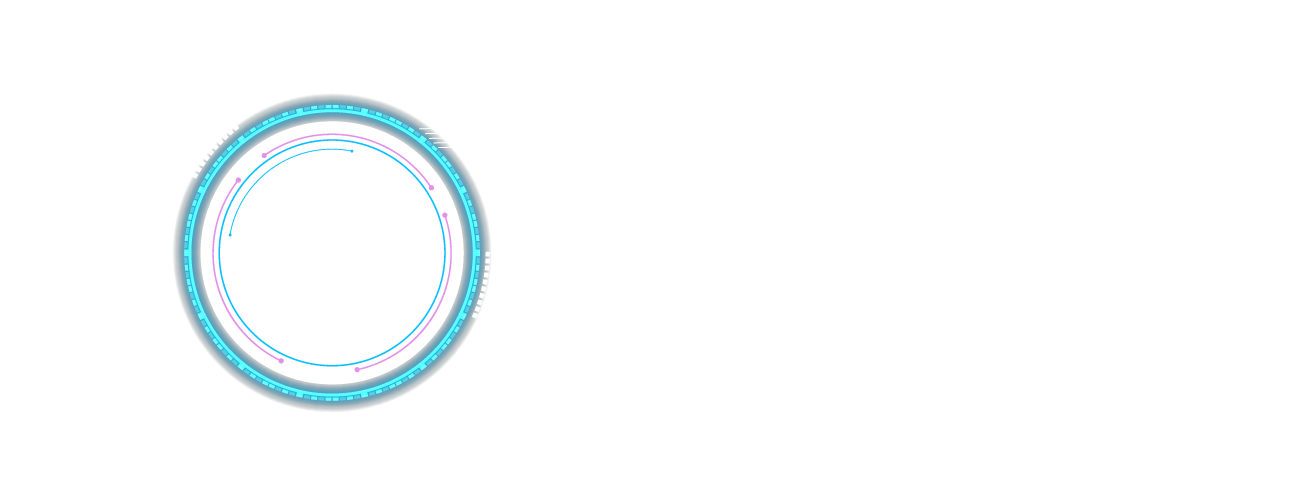
Corporate law in South Africa oversees the formation, operation, and dissolution of companies. It aims to provide a legal framework that supports business activities while ensuring accountability and protecting the interest of shareholders. The primary legislation governing corporate law in South Africa is the Companies Act 71 of 2008, including its amendments and regulations.
The Companies Act 71 of 2008 (“the Act”) is the cornerstone for corporate governance in South Africa,bringing substantial changes to modernise and align the legal framework with international standards. The Act applies to all companies in South Africa.
South African law permits the incorporation of 5 different types of companies, namely; private companies, personal liability companies, public companies, non-profit companies and state-owned companies. Although one may still see a Close Corporation in operation, they are still considered to be a company under the Companies Act of 2008 however no new close-corporations may be created.
The Act emphasizes the importance of good corporate governance along with the King Reports on Corporate Governance. It mandates that companies have a board of directors responsible for managing the company’s affairs and the way they should comply with their duties. Directors are expected to lead ethically, act in good faith with due care and in the best interests of the company. They should perform their functions in manner that would reasonably be expected and avoid conflict of interest and disclose any potential conflicts to the board. Companies must maintain accurate records, and be accountable to shareholders and stakeholders, considering long-term impacts on society and the environment.
The Act further governs the rights of the Shareholders of a Company such as the right to vote on important matters, receive dividends, and inspect company records. There are protections for minority shareholder, including the right to seek relief from oppressive or prejudicial conduct. Companies must comply with the stringent financial reporting and auditing requirements by maintain accurate financial records and prepare annual financial statements Public companies and certain private companies must undergo external audits by qualified auditors.
The Companies and Intellectual Property Commission (CIPC) enforces the Companies Act, and has the authority to investigate non-compliance, imposing penalties, and referring cases for prosecution. Corporate law in South Africa is a dynamic field that ensures the proper functioning of the corporate sector while safeguarding the interests of various stakeholders. Understanding the key principles and regulatory requirements is essential for businesses to ensure compliance within the legal landscape and achieve their business objectives.
Share This Post
MORE INSIGHTS

Common Notarial Acts in South Africa
In South Africa, notarial acts play a crucial role in ensuring the legality and authenticity of various documents and transactions. These acts are performed by a notary public, a specially qualified attorney authorized to carry out specific duties. Below are some of the most common notarial acts in South Africa:

Unlock corporate success
Shareholder Agreements and Key Points to Consider In South Africa, shareholder agreements are crucial for corporate governance and are essential legally binding document/contract that regulate the relationships between shareholders ensuring the company is run efficiently and effectively in a transparent and accountable manner. Governed by the Companies Act of 2008,

Cryptocurrency in South Africa and basic phrases
Cryptocurrency has steadily gained significant footing in South Africa reflecting global trends and with an increasing number of people exploring this digital asset class. The cryptocurrency market in South Africa is notable for its substantial trading volumes and extreme volatility. Growing public interest and trust in digital currencies is indicated
